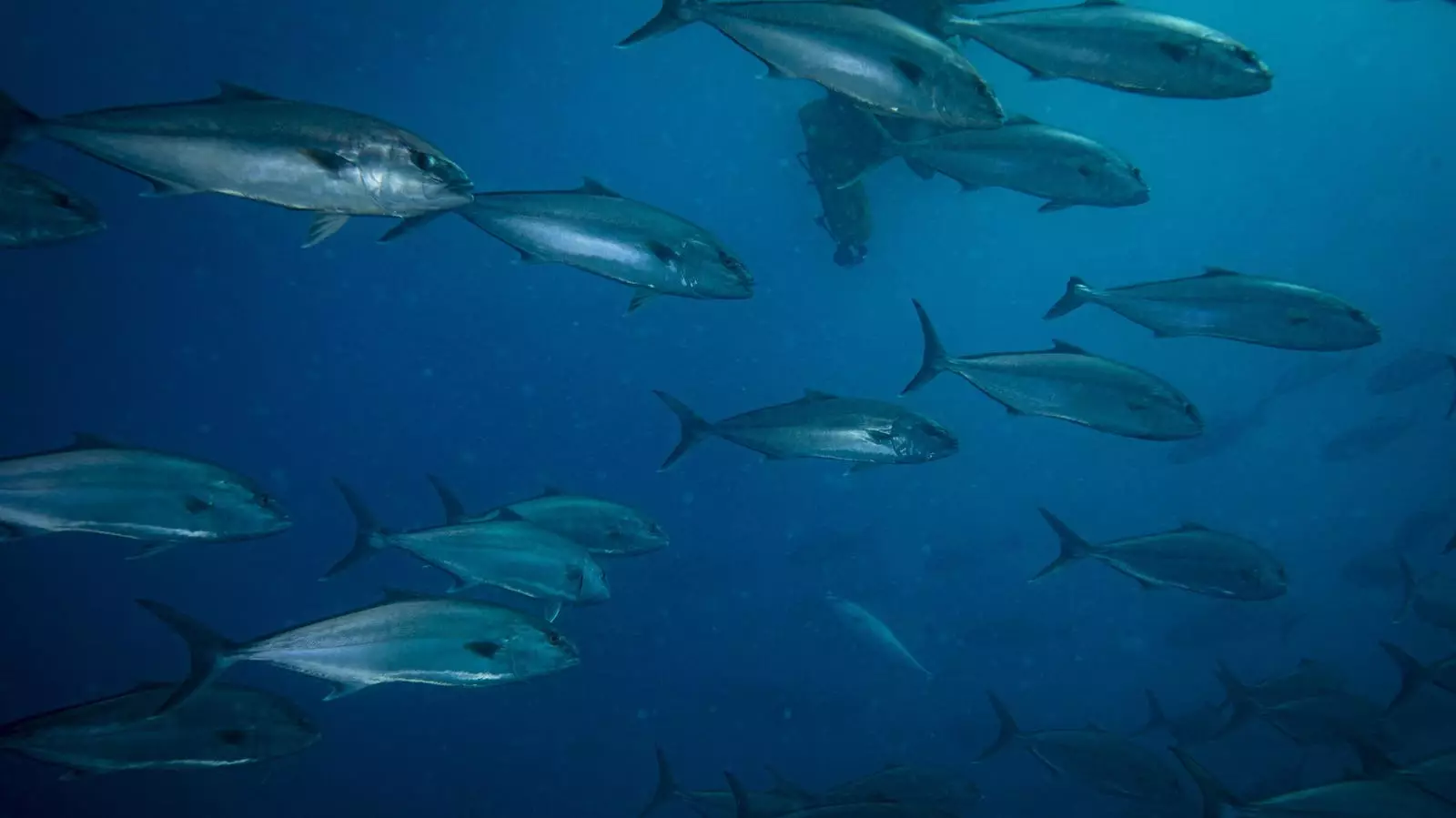Blue foods, which encompass fish, shellfish, and various aquatic organisms, are an essential component of the global food system. More than 3 billion individuals across the globe rely on these resources for crucial nutrients and protein. Furthermore, approximately 800 million people derive their livelihoods from blue food systems, reflecting their importance not just in nutrition, but also in economic stability. Despite the significance of these systems, they remain a relatively under-discussed topic in the broader food movement. Addressing this gap is critical as our world grapples with pressing environmental challenges.
Currently, blue food systems stand at a pivotal intersection, where the trajectory of sustainability can either be solidified or compromised. If sustainable practices are adopted now, blue foods can transition from a secondary consideration to a fundamental component of responsible food production. However, failure to act decisively may result in future discussions lamenting missed opportunities, similar to those seen in the context of industrialized land-based agriculture today.
Public awareness surrounding blue food sustainability must be raised, as these ecosystems contend with multiple threats, including climate change, pollution, and habitat loss. Though large-scale fishing enterprises wield significant influence in the market, it is crucial to remember that small-scale fisheries, which employ approximately 90% of the fishing workforce and contribute around 40% of the global catch, possess the potential for transformative change.
Small-scale fishers are not merely victims of industrial practices; they are active agents of change, crucial to achieving sustainability within blue food systems. Empowering these communities is paramount for fostering a future where local practices can responsibly feed both community and global populations. Investments in their capacity—through fair compensation, economic empowerment, and skills training—are essential to cultivating a sustainable fishing environment.
Across the globe, numerous initiatives are arising to support and uplift small-scale fishers. For instance, the North American Marine Alliance embodies a collective movement towards fair practices and empowered fishing communities, actively pushing for a diverse array of blue food resources. This network emphasizes a community-centered approach to fisheries management that not only preserves aquatic resources but also nurtures economic resilience.
Many organizations are stepping up to foster innovation alongside tradition within the blue food space. The Lift All Boats Project, for example, serves to connect individuals from underrepresented backgrounds to opportunities in the maritime industry in Maine. This initiative not only helps create pathways to employment but also encourages an influx of diverse perspectives into the field.
Similarly, Imani Black, the founder of Minorities in Aquaculture, is working tirelessly to create a more inclusive aquaculture workforce. Her efforts to offer internships and mentorship opportunities aim to build a network that empowers marginalized communities, recognizing the importance of creating pathways for women of color within the sector.
In combining traditional fishing techniques with modern technology, stakeholders in the blue food system are finding ways to enhance sustainability. Enterprises like Wholechain are crucial in developing transparent supply chains, while organizations such as Fed By Blue emphasize responsible sourcing through innovative policies and media outreach.
Urban agriculture is also experiencing a positive transformation, as demonstrated by Oko Farms in New York City. This initiative emphasizes aquaponics as a viable method for achieving food security in urban settings while promoting ecological awareness. By integrating fish farming with vegetables, aquaponics utilizes space efficiently and provides a local source of protein, demonstrating how urban environments can contribute to sustainable food systems.
As the United Nations Food and Agriculture Organization has recently released its inaugural Guidelines for Sustainable Aquaculture, hope looms that collective action from government and private sectors can spur positive changes. While overfishing remains a pressing issue, there is preliminary evidence from U.S. regions suggesting an improvement in fishery health, particularly when responsible practices are prioritized.
At the individual level, consumers possess immense power to influence the blue food landscape. By supporting local, sustainable fisheries through our food choices and purchasing decisions, we can directly contribute to the success of small-scale fisheries and sustainable aquaculture initiatives. Consumer advocacy is essential in encouraging the shift towards a blue food system that prioritizes ecological integrity, equitable practices, and community welfare.
The current state of blue food systems necessitates immediate, united action. By uplifting small-scale fishers, integrating innovative approaches, and promoting consumer awareness, we can begin to nurture a sustainable future that respects marine ecosystems and supports the livelihoods dependent on them. The time for proactive engagement is now; the choices we make today will shape the narrative for blue food systems in the years to come.


Napsat komentář